Duquesne Hydrology Lab
Hydrology, water resources engineering, and fluid mechanics research at Duquesne University
People
Principal Investigator
Students
Overview
Publications
Pure Thirst
Weather Station
Resources
Courses
Course Policies
Seminar
Hosted on GitHub Pages — Modified
Students
Graduate Students
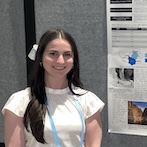 Maria Mlinarcik |
 |
 |
Collaborators with the WaterQ2 project can be found on the WaterQ2 website
Undergraduate Students
 Alanna Battle |
 Maddie Fitzgerald |
 Marie Sullivan |
Alumni
 Jake Agate |
 Alanna Bachtlin |
 Sophia Bakar |
 Hannah Enderby |
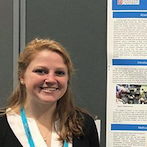 Kathleen Glancey |
 Jack Hostetler |
 Nic Krebs |
 Carissa Lange |
 Mackenzie Martin |
 Natalie Martin |
 Kara Okular |
 Gabi Zuccolotto |
 Mary Kate Ranii |
 |
 |
Student Groups
Pure Thirst
This is collaboration between Environmental Science and the School of Nursing that focuses on water and health in rural Tanzania.
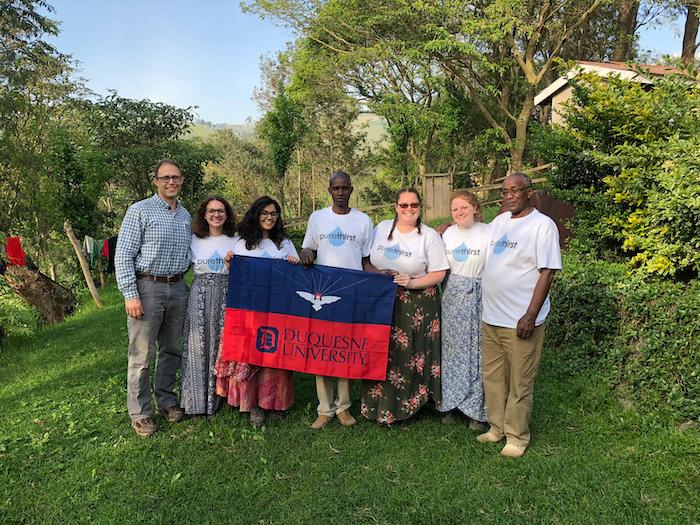
Figure 1: Students, PI, and local hosts in Olkokola, Tanzania, May 2019.
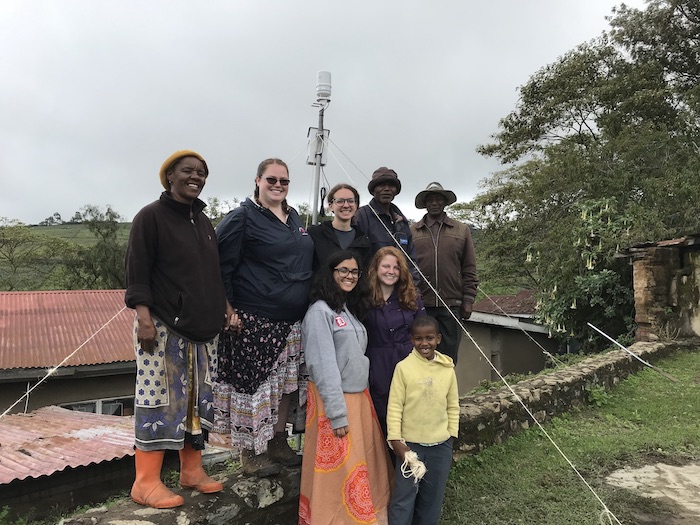
Figure 2: Weather station in Olkokola
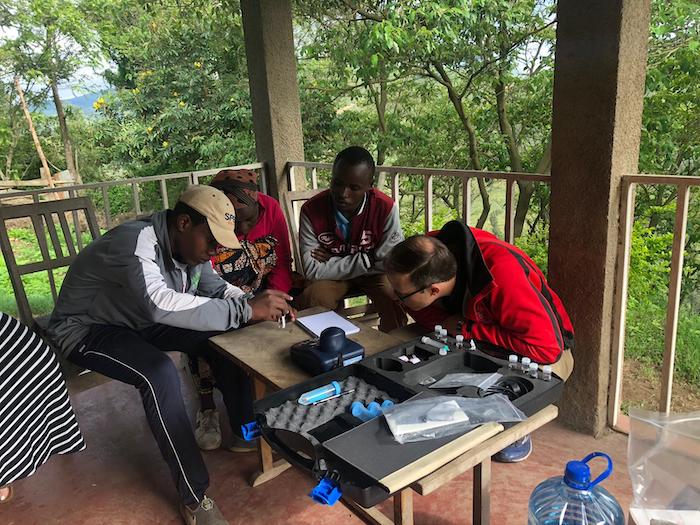
Figure 3: PI and citizen science training on use of photometer to measure fluoride in drinking water.
Prospective Students
Undergraduate Students
Duquesne University offers an undergraduate degree (B.S.) in Environmental Science as well as a minor in both Environmental Science and Studies. High school students should indicate Environmental Science in the Bayer School of Natural and Environmental Sciences on their application if they wish to pursue an environmental science degree. Minors may be declared by any major. Please note the prerequisites for the Minor in Environmental Science as they are extensive and may be best suited to other science majors. Please contact the department if you would like assistance with these minors.
Graduate Students
Graduate admissions are handled at the department level, as it is in most universities. There is a central application website, but there are specific requirements for the Environmental Science and Management degree (M.S.). Please contact the department for guidance. There are several tracks from which to choose.
Students who wish to complete a Master's Thesis should find a potential research topic as soon as possible. The best way to do this is to look at the research currently conducted and faculty research interests for a match. Students should contact potential research supervisors as early as possible - even before they apply if reasonable.
Funding for graduate students will only be considered for students who apply before the March deadline for Fall admissions. Funding can come from teaching assistant or research assistant positions. Teaching assignments are made by the department admissions committee; research assignments are made by the principal investigator, if available.
International students should also take care to contact potential supervisors early. Please note that Duquesne's aggressive e-mail filter blocks (either outright or puts in "junk mail") the vast majority of e-mail from outside the United States. It may be helpful to contact potential supervisors via social media (e.g., LinkedIn or ResearchGate).